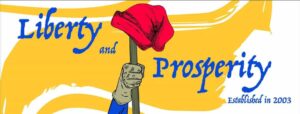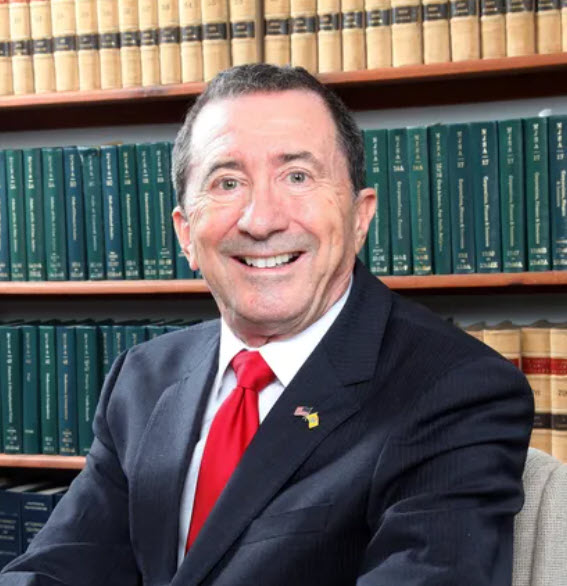
 Richard Somers was born in 1778 in Somers Point, which was then part of Egg Harbor Township. ? He grew up in a small house behind his father’s tavern at the corner of what is now Shore Road and Bethel Road.
Richard Somers was born in 1778 in Somers Point, which was then part of Egg Harbor Township. ? He grew up in a small house behind his father’s tavern at the corner of what is now Shore Road and Bethel Road.
Like most Americans at the time, Richard Somers finished school at age 16. ? Yet like most Americans then, he was far more proficient in reading, writing, literature, mathematics, science, and history after eight years of education, than most college graduates are today.
Like most Americans Richard Somers also learned a useful trade summers and other times when he was not in school. ? Starting at age 10, Somers learned how to sail and navigate small boats carrying produce and fish to and from farms around Mays Landing and the docks of Somers Point.
When Richard Somers finished school, he mastered the sailing trade. ? ?He was put in charge of cargo ships that sailed between New York and Philadelphia at age 17. ? As captain of the ship, Somers hired, disciplined and paid the crew, purchased food and provisions for the ship, and took responsibility for delivery and payment of its cargo.
In 1798, at age 20 Richard Somers had a promising career ahead of him. ? Had he continued his career as a ship captain, he would have worked on more profitable routes to Europe or Asia. ? Within ten years, he would have earned enough money to buy his own ships and marry — or buy a farm big enough to live comfortably. ?At that time, there was a “scarcity of women”. ? Many women died in childbirth, and fewer women than men immigrated from Europe to America. ? As a result, most men could not find suitable wives until their mid-twenties when they were financially established.
However, in 1798, there was a crisis that changed the life of Richard Somers. ? Ever since the United States won independence, and lost protection from the British Navy 1783, Muslim kingdoms in North Africa, part of the Ottoman Turkish Empire, declared war on America. ? Their privateers attacked and seized the ships of Americans and other non-Muslim nations. ?They sold their crews and passengers into slavery, or held them for ransom.
At that time, Thomas Jefferson was the U.S. Ambassador to France. ? He urged Europeans and Americans to work together to fight back against this “piracy” and protect their people. ?However, Jefferson’s requests were denied. ?The newly independent United States had no navy. ?Congress found it cheaper to pay tribute and ransom buy the freedom of captured Americans. ? ?At this time, Britain, France, Spain, and most European countries were also paying bribes and tribute to the Muslim kingdoms of North Africa to keep their people safe. ? Finally, in 1796, new threats to Americans from Spain, France, and Britain who were then at war with each other, persuaded Congress to start building an American navy.
In 1798, French pirates began attacking and seizing Americans on ships in the Caribbean. ? When American diplomats asked the French government to help stop the attacks, the French demanded large bribes and tribute–just like the Muslim kingdoms of the “Barbary Coast” of North Africa. ? ?Americans became angry when they heard of this. ?They shouted “Millions for defense, not one cent for tribute”. ?America ?rapidly expanded its navy and sent it to the Caribbean to fight the French pirates.
At that time, Richard Somers, then 20 years old, went to Annapolis to become a naval officer. ? At that time, navy cadets trained to be officers as “midshipmen” on warships. ? ?In less than one year, the new American navy crushed the French pirates in the Caribbean and returned to Annapolis with Richard Somers as an experienced naval officer.
In 1801, Thomas Jefferson became President. ? Soon afterwards, he sent the American navy across the Atlantic Ocean to protect American ships from the privateers of the Muslim kingdoms of North Africa. ? Richard Somers, then age 23, ?was put in command of one warship. ? Most ships in America’s new navy were also commanded by young officers in their twenties. ? ?America’s navy was ridiculed by leaders of Britain, France, and Spain who had fought Muslim fighters at sea for centuries. ? America’s navy commander even complained that Congress had given him a “pack of boys” to fight a war that the most powerful nations in Europe could not win.
However, during the next three years, the American navy amazed the world. ?In battle after battle, Americans out maneuvered, out-thought, and out-fought the veteran sea fighters of each of the “Barbary” kingdoms. ?? One surprisingly effective weapon used by the Americans was the Indian tomahawk!? One by one, each Muslim prince made peace with America while they continued to attack and collect protection money from the European powers. ? Only one prince, the “Basha” of Tripoli held out.? His plan was to keep its fleet safe in its harbor, and wait until the American Congress lost interest and no longer wanted to pay for a naval war 5,000 miles from home.
The Basha of Tripoli had good reason to have that opinion.? In September of 1804, Thomas Jefferson had agreed to purchase the huge territory of Louisiana from France for $15 million gold dollars ($250 million in today’s paper dollars).? Richard Somers and the other young officers of the American fleet were afraid President Jefferson and Congress would bring them back home before their mission was finished. ? They came up with a daring plan to end the war with one dangerous mission. ? That mission would be carried out by twelve men on ?captured Barbary ship that was renamed “Intrepid”. ? Richard Somers would lead that mission.
During the night of September 4, 1804, Richard Somers and his crew sailed into Tripoli harbor on the small ship Intrepid packed with explosives. ? 
The names of those thirteen men, including Henry Wadsworth, the uncle of American poet Henry Wadsworth Longfellow, are engraved on base of the Somers Point statue dedicated to Richard Somers.
Every September, Liberty and Prosperity co-sponsors an event with the people of Somers Point to tell the rest of the story at the statue of Richard Somers in Somers Point. ? The statue is located by the Somers Point Branch of the Atlantic County Public Library, 801 Shore Road, in Somers Point, NJ
This year’s ceremony will be Sunday, September 10 at 1pm by the statue and library. ? Please join us there and learn the rest of the story. ? Also please help pay our expenses by attending our fundraising event at Gregory’s, one block away on Shore Road immediately after the ceremony. ? Tickets are $25 per person and include a full buffet with cash bar. ? ? For details or to buy tickets in advance, please call (609) 927-7333, or visit or send your check to our office at 453 Shore Road, Somers Point, NJ ?08244. ? Or visit us online at Liberty and Prosperity.org or Liberty and Prosperity Facebook Page. ? Thanks.


